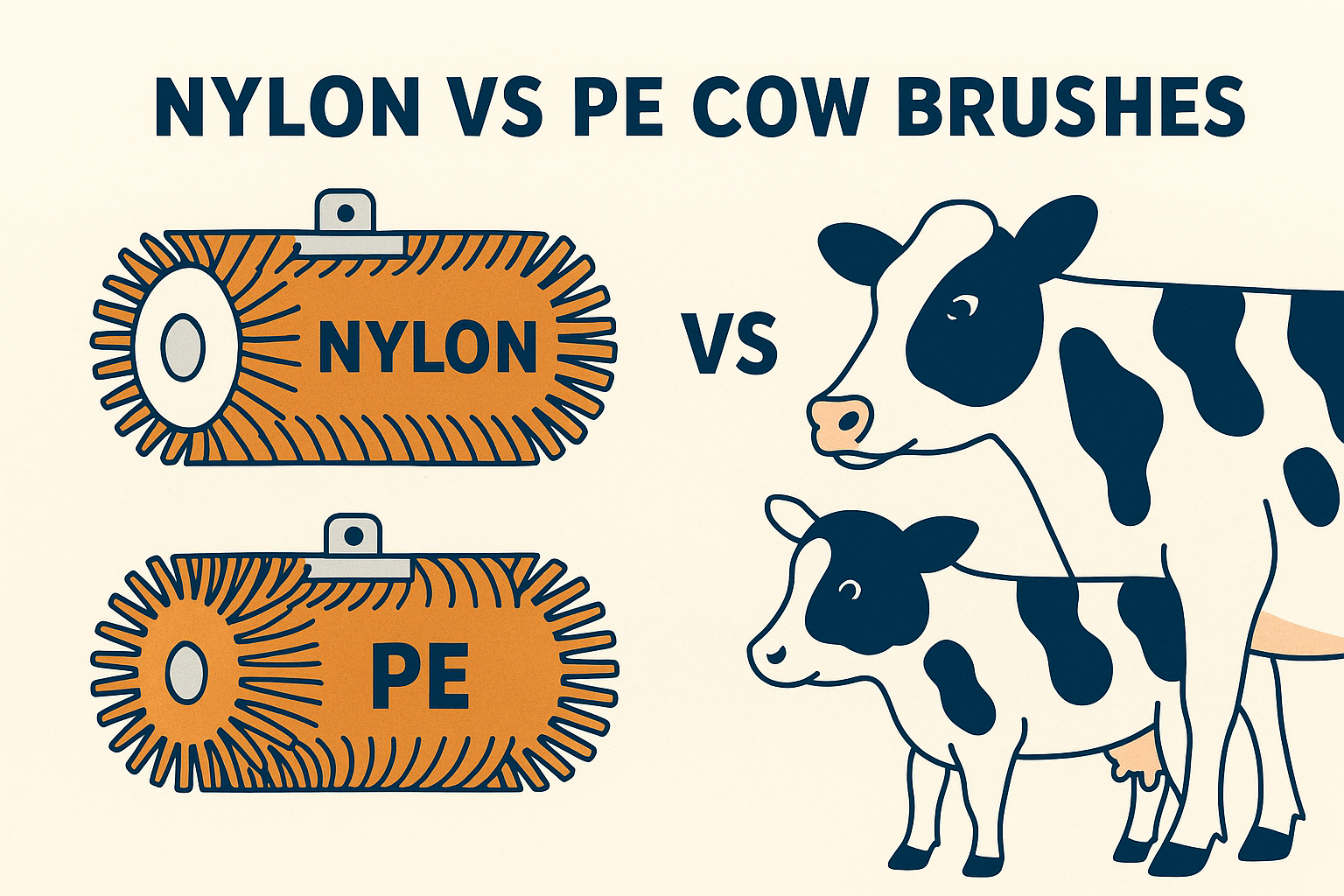Cow brushes have become a natural part of many dairy herds today. Cows have a strong instinct for self-grooming – and when they have access to a brush, they use it frequently. Research has shown that cow brushes not only improve cleanliness and skin health but are also linked to lower stress levels and, in some cases, improved milk yield (Li et al., 2024; Reyes et al., 2022).
The real question is not if you should have cow brushes – but rather which type to choose. The two main options are Nylon and PE (polyethylene). Both materials have strengths and weaknesses, and the best choice depends on your barn conditions.

Nylon – durable and flexible
Nylon is a classic choice for cow brushes. It is durable yet flexible, and its filaments bend easily, making the brush feel softer on the cow’s skin. This makes nylon brushes particularly comfortable for cows that use the brush frequently.
High-quality nylon (such as nylon 6/12) maintains shape and stiffness for a long time, making it ideal for large herds where brushes are used intensively (Gordon Brush, 2023).
The downside: nylon absorbs some water, which can soften the bristles in very humid barns. Strong acids and oxidizing cleaners can also shorten its lifespan (INEOS, 2021).

PE – firm and resistant
Polyethylene (PE) is the other common material. Unlike nylon, PE is stiffer and harder, providing stronger stimulation and a scrubbing effect that helps remove dirt and loose hair.
Technical advantages of PE:
-
Absorbs virtually no water – keeps its stiffness in humid conditions.
-
Resistant to most cleaning agents and chemicals.
-
UV-stabilized PE is well suited for outdoor installations (Xometry, 2022).
The trade-off: PE is generally less wear-resistant than high-grade nylon, especially in heavy-use brushes (Curbell Plastics, 2022).
Hygiene and cleaning
Some farmers worry about hygiene. Studies on other brush types (e.g., toothbrushes) suggest that materials with low water absorption and smooth surfaces dry faster and harbor fewer bacteria (Cunliffe et al., 2021). This indicates PE may have a hygiene advantage. However, in practice, regular rinsing and disinfection matter far more than material choice.
Cow comfort
From the cow’s perspective:
-
Nylon brushes = softer, flexible, gentle massage.
-
PE brushes = stiffer, stronger stimulation.
Both can be valuable, and some herds find that cows have individual preferences. That is why there are also brushes where manufacturers combine nylon and PE to provide both softer comfort and a more thorough massage.

Which brush should you choose?
There is no single correct answer. The choice depends on the conditions in your barn:
- If you have a large herd that puts a lot of strain on the brushes, nylon is often a good choice because it combines durability and comfort.
- If you have a barn with high humidity, frequent cleaning, or brushes located outdoors, PE may be more durable and practical.
- If you want to meet different needs, a combination of nylon and PE may be a solution.
Conclusion
Cow brushes are a proven benefit for both cow welfare and your operation. Whether you choose nylon or PE depends on the environment, load, and your cleaning routines. Nylon provides a softer and more flexible experience for the cow, while PE provides a harder and more robust massage, which can be beneficial in humid or demanding environments.
The most important thing, however, is that the brush is maintained and cleaned so that the cows always have access to a well-functioning brush. Because when the cows thrive, it has a positive effect on both their health and production.



Share:
Sell Kvia's Cow Brushes in your own brand colors!